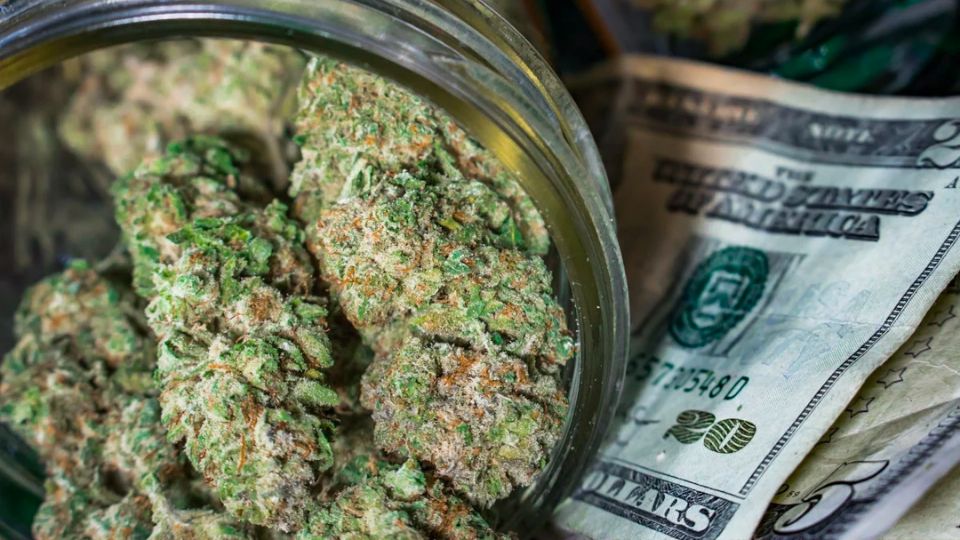The debate over cannabis legalization in the United States continues as more states are allowing the sale and use of marijuana for medical and recreational reasons. Even though marijuana is classified as a Schedule I drug at the federal level, numerous states are moving forward with their own cannabis markets.
One main reason to consider legalization is the opportunity for states to earn significant revenue from taxes on marijuana sales. In 2022, states collectively generated $15.16 billion in tax revenue from recreational cannabis sales, with California accounting for more than $1 billion each year.
But what about states that have not yet legalized marijuana? Could they be overlooking a chance to increase their finances? What about states that have restricted legalization to medical use only? Could they be missing out on revenue from recreational sales? This blog post explores how a city in North Carolina, a state without legal marijuana use, is generating significant revenue through a distinct tax, and the potential impact on marijuana policy at different governmental levels.
The Tax on Unauthorized Substances
North Carolina is one of the states that still prohibits marijuana for any purpose, enforcing strict laws with severe consequences for possession, cultivation, sale, and distribution. However, the state has managed to generate revenue from illegal substances by implementing the Unauthorized Substances Tax (USUB tax), which is an excise tax on controlled substances, such as marijuana. Established in 1989, this tax aims to raise money for state and local law enforcement agencies.
The USUB tax is not considered a criminal tax, and making a payment does not grant permission to possess or sell the substance. The tax is not optional and is imposed along with criminal penalties. The Department of Revenue determines the assessments using information provided by law enforcement agencies regarding seized substances. If payment is not made, there may be civil penalties imposed, including liens, seizures, and garnishments.
Generating Revenue
During the fiscal year 2018-2019, the USUB tax generated $11.9 million in revenue. Marijuana accounted for $8.9 million, cocaine for $2.6 million, and other substances for $0.4 million. 514 state and local law enforcement agencies receive revenue distribution, with Asheville, a liberal city in western North Carolina, getting $1,015,492 in the same fiscal year, mainly from marijuana.
Asheville has a population of approximately 92,000 and a median household income of $50,000. The city uses USUB tax revenue to support different programs and initiatives within its police department, such as drug education, prevention, treatment, crime prevention, community policing, equipment, training, and overtime.
Also Read: This Washington City Has Been Named the Drug Trafficking Capital of the State
Advantages and Disadvantages of the USUB Tax
The USUB tax has encountered legal challenges but has been supported by both the North Carolina Supreme Court and the U.S. Supreme Court. Advocates claim that it is a valid way to recoup enforcement expenses, discourage drug consumption, and finance law enforcement and public safety initiatives. However, critics argue that the tax is unjust, inefficient, and unconstitutional, possibly infringing on due process and equal protection clauses.
Some people believe that the government should think about making marijuana legal, regulating it, and taxing it. They suggest using the money earned for things like education, healthcare, and infrastructure instead of benefiting from illegal substances.
In conclusion
The USUB tax in North Carolina has been a unique and debated policy for more than thirty years, bringing in significant revenue, especially from marijuana. Asheville, a city that receives a significant amount from this tax, uses the money for different law enforcement programs.
Despite facing criticism, the tax’s effect on North Carolinians, particularly those in Asheville, highlights the intricate relationship between marijuana policy, taxation, and law enforcement in the state. The future of the USUB tax and North Carolina’s stance on marijuana legalization is uncertain, putting the state at a crossroads.



Leave a Reply